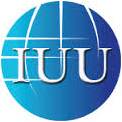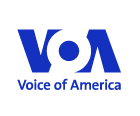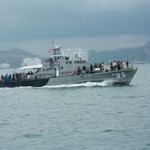
The Ministry of Commerce is sending a delegation to the European Union to provide updates on measures Thailand is taking to clean up and better regulate its fishing industry and prevent illegal, unregulated and unreported fishing, as the Deputy Prime Minister in charge of security matters ordered the Ministry of Agriculture to rapidly draft organic laws to support the recently passed Fisheries Act of 2015.
Deputy Minister of Commerce Apiradi Tantraporn will lead a team of government officials and executives of private companies to the E.U. to meet with representatives of the European Commission and European importers.
The goal of the team is to detail the steps Thailand is taking to improve the regulating and monitoring of its fishing fleets and emphasize how serious the country is in adopting environmentally friendly fishing and addressing accusations of slave labor in the industry.
The government has introduced measures to track Thai fishing vessels and stamp out illegal hiring practices. Law enforcement is now becoming stricter with violators in these areas in order to solve the problem, said Minister of Commerce Chatchai Sarikulya.
Those who break the law, however, often adjust their practices to circumvent measures taken by government and law enforcement. Despite steps already taken, reports are emerging of traffickers introducing new tactics to sustain their illegal business. The Thai government has vowed that it will monitor the situation, plug any loopholes and make its own adjustments to counter moves by criminal syndicates and IUU fishers.
Deputy Prime Minister in charge of defense and security matters Prawit Wongsuwan instructed the Ministry of Agriculture Ministry to draft all organic laws necessary to implement the Fisheries Act 2015, which received royal approval last week.
He told the ministry that the laws must be ready for implementation in 60 days to solve problems of illegal, unreported and unregulated (IUU) fishing, as required by the European Union.
Prawit said the Prime Minister could fix any loopholes in the new act, should they be discovered, with executive decrees. The Royal Thai Navy will be empowered to work with relevant agencies to stop illegal fishing by Thai vessels or companies. The agencies were the Royal Thai Police, the Labor Ministry, the Interior Ministry, and the Agriculture Ministry.
The E.U. will send a team to Thailand next month to examine the steps the Kingdom is taking to solve the IUU problem, a government spokesman said, but the government would use Article 44 of the interim charter for short-term solutions before the new fisheries law takes effect.



